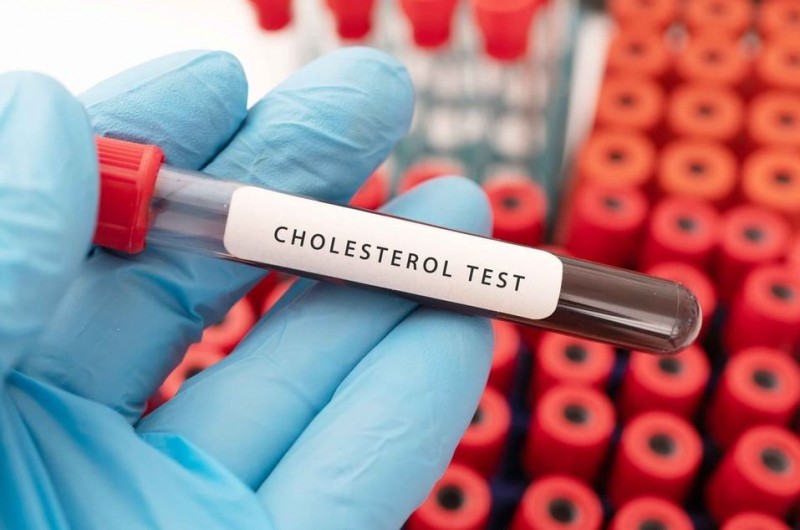
Maintaining healthy cholesterol levels is crucial not only for overall well-being but also for keeping the heart healthy. When bad cholesterol, known as LDL, increases in the body, it slows down the flow of blood in the blood vessels. This, in turn, hampers the heart's ability to pump blood effectively, leading to delayed supply of oxygen to the body. Consequently, other organs also suffer from the lack of timely oxygen supply, affecting their functionality.
To prevent the complications arising from high cholesterol, doctors recommend undergoing a cholesterol test, also known as a lipid profile test. However, certain precautions need to be taken before getting this test done to ensure accurate results.
1. Fasting Before the Test:
Fasting before a cholesterol test is crucial for obtaining accurate results. When you fast for 10-12 hours before the test, it allows healthcare professionals to measure your baseline cholesterol levels accurately. During fasting, you should avoid consuming any food, including snacks and beverages other than water. Even seemingly harmless drinks like green tea can interfere with the test results by affecting cholesterol metabolism. Fasting helps ensure that the cholesterol levels measured in your blood are not influenced by recent food intake, providing a clear picture of your lipid profile.
2. Alcohol Avoidance:
Alcohol consumption can significantly impact cholesterol levels and should be avoided at least 48 hours before the test. Alcohol can raise triglyceride levels in the blood, which may skew the results of a lipid profile test. Elevated triglyceride levels can also increase the risk of cardiovascular disease. By abstaining from alcohol before the test, you can help ensure that your cholesterol levels are accurately assessed, providing valuable information for assessing your heart health.
3. Avoiding Oily and Fatty Foods:
Consuming oily and fatty foods can influence lipid levels in the blood and affect the accuracy of cholesterol test results. It's advisable to refrain from consuming such foods for about 48 hours before undergoing a lipid profile test. These foods typically contain high levels of saturated and trans fats, which can raise LDL cholesterol levels and lower HDL cholesterol levels. By avoiding oily and fatty foods before the test, you minimize the risk of obtaining misleading cholesterol measurements, allowing healthcare professionals to make more informed decisions regarding your cardiovascular health.
4. Staying Hydrated:
Staying hydrated is essential before undergoing a cholesterol test. Drinking an adequate amount of water helps maintain blood volume and facilitates accurate blood sample collection during the test. Adequate hydration also ensures that your blood remains fluid and flows smoothly through the blood vessels, preventing clotting and ensuring reliable test results. However, it's essential to avoid excessive water intake immediately before the test, as it may dilute the blood sample and affect the accuracy of cholesterol measurements. Aim to drink water regularly in the days leading up to the test to stay hydrated without compromising the results.
5. Stress Management:
Stress can have a significant impact on cholesterol levels and should be managed effectively before undergoing a cholesterol test. Stress triggers the release of hormones like cortisol, which can increase LDL cholesterol levels and raise blood pressure, contributing to cardiovascular risk. To minimize the effects of stress on cholesterol levels, practice relaxation techniques such as deep breathing, meditation, or yoga in the days leading up to the test. Engage in activities that help you unwind and alleviate stress, such as spending time outdoors, listening to music, or engaging in hobbies you enjoy. By managing stress effectively, you can help ensure that your cholesterol test results accurately reflect your baseline cholesterol levels, providing valuable insights into your heart health.
In conclusion, adhering to these guidelines before undergoing a cholesterol test ensures accurate results, facilitating timely intervention if needed to maintain heart health and overall well-being.
Leave These Habits Today: They're the Reason for Relationship Breakups
Are There Marks on Your Nose Due to Glasses? Here's How to Get Rid of Them
Start chewing these small green leaves in summer, you will get benefits from weight loss to diabetes